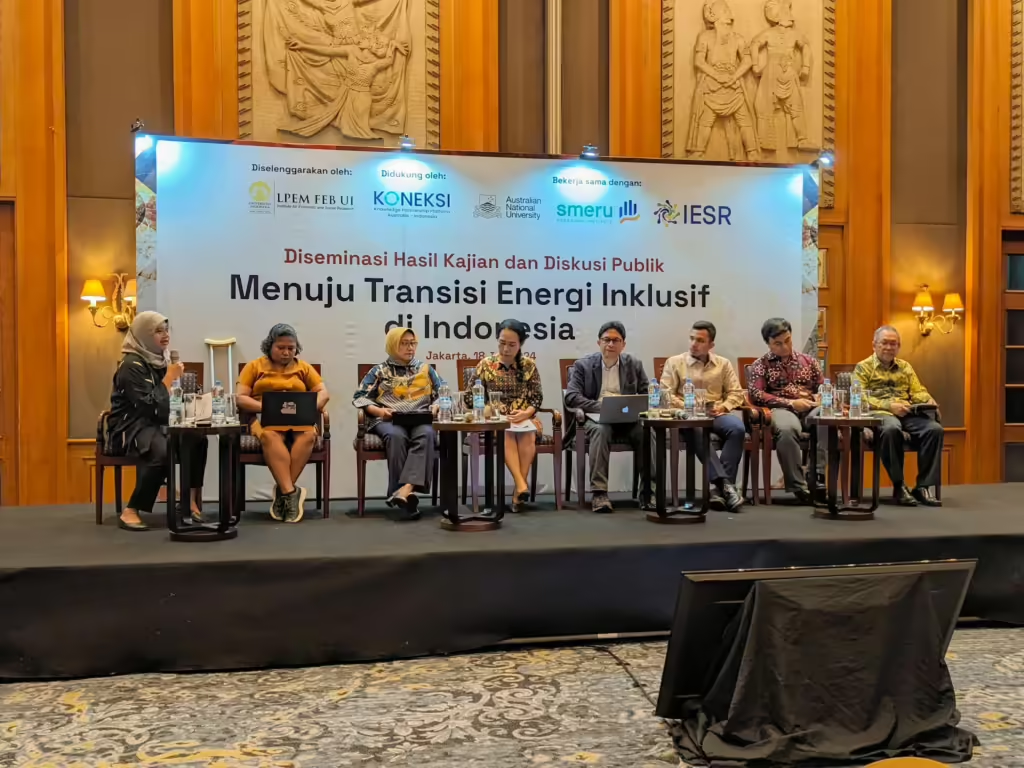Abstract
This paper showed that Indonesia’s output-gap has been improving since 2007 until the global pandemic hit Indonesia in 2020. The ultimate indicator for this improvement was the constant decrease in open unemployment. Okun’s Law calculation proved that Indonesia’s actual economic growth was higher than minimum economic growth to generate jobs. This paper also confirmed the Phillips Curve phenomenon that actual inflation was higher than expected inflation. Indonesia’s average economic growth from 2007–2019 has increased above its natural long-run economic growth level. The global pandemic decreased Indonesia’s economic growth and increased its open unemployment rate in 2020. Indonesia’s economy needs an adjustment which depends on the pandemic containment. This adjustment will be affecting Indonesia’s scenario in avoiding the Middle-Income Trap before 2040 regarding the end of the demographic bonus era. This paper attempts to estimate the impact of the global pandemic on the economy, referring to the Spanish Flu’s impact on the global trade openness and how Indonesia adjusts its economy in the short-run and navigates its economic transformation in the long-run.




